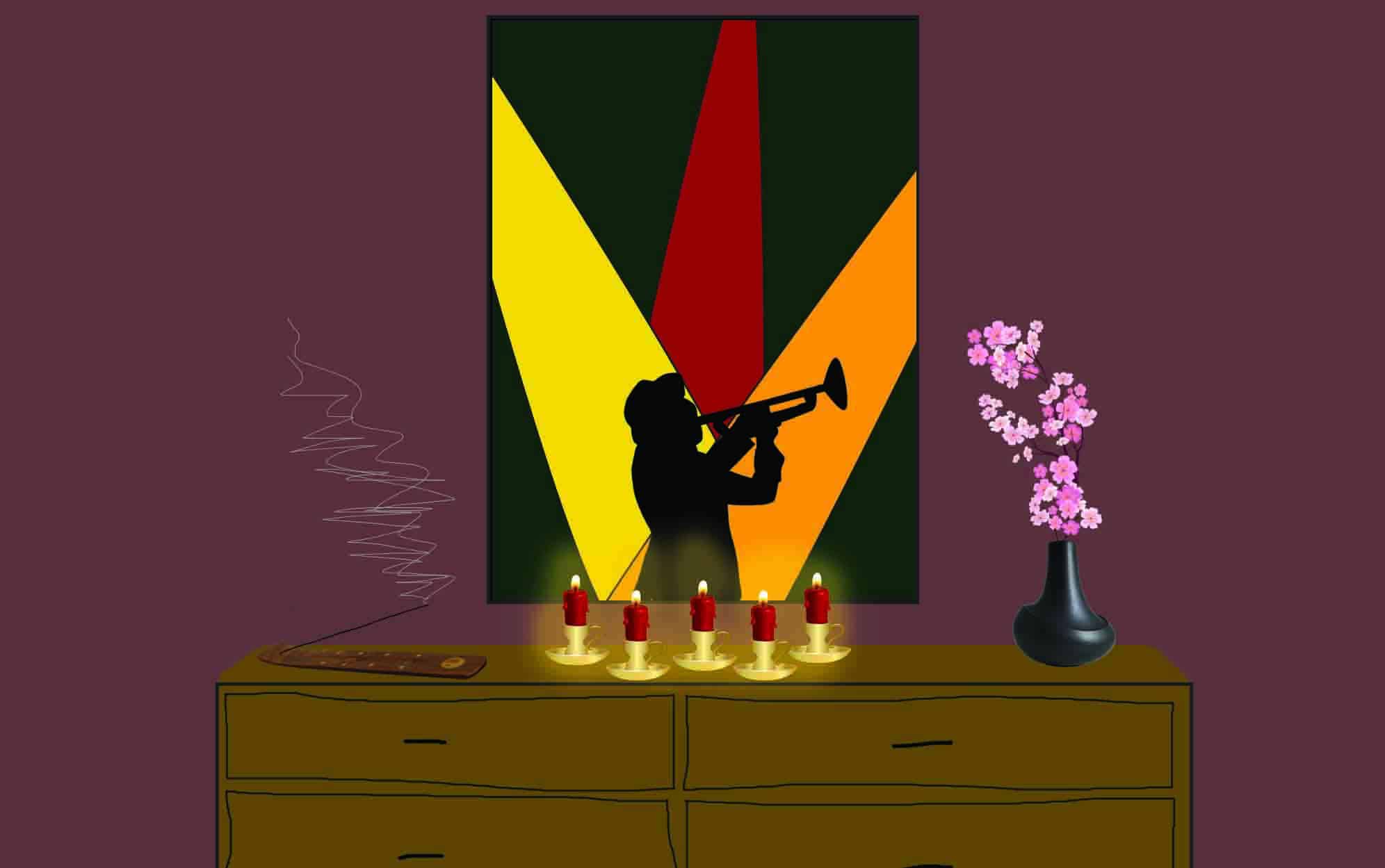Dear US Open Fans: Sorry, Not Sorry, Bianca Won!
This is still real life Bianca
Is it okay to use a basketball player’s comment to describe our new national tennis hero? Fuck it – in the words of Kevin Garnett “Anything is possible,” (please read in a violent screaming voice).
I honestly want to shout it out loud – I love Bianca Andreescu; she embodies one specific characteristic you want in your role models: genuineness. Last year, Bianca was a “nobody.” She failed to qualify for the US Open and was hampered by a back injury. Fast forward to a few weeks ago when she won Tennis’ fifth unofficial major at Indian Wells, a huge accomplishment for a Canadian tennis player. She followed that by winning the Rogers Cup in her home country. Also defeating the greatest female athlete in history, Serena Williams. But apparently the tennis world put an asterisk on that match because Serena had to retire due to injury.
Boom, we get exactly what we wanted a few weeks later: the rematch. As Bianca aptly described it, her toughest opponent that day was not Serena, but the crowd. After Andreescu failed to capitalize on her championship point, Serena fed off the crowd. The crowd burst into thunderous roars after each Williams point, and Bianca, clearly flustered, attempted to shield her ears by plugging them with her fingers. Serena roared back down 5-1 in the second set, to tie it 5-5. That’s when Bianca showed her true Canadian grit and toughness and finished the last two points to win the US Open. Becoming the first Canadian female tennis player in history to win a tennis major.
What made Bianca stand out was her post-game interview, after just winning. In true Canadian fashion, she apologized for winning because she knew the crowd wanted Serena to win. Also, after winning her quarterfinal match, cameras caught her talking to herself asking “Is this real life?” I am no tennis fan, but I am now a Bianca Andreescu fan, she exudes true Canadian values – daughter of immigrant parents, tough, skilled, determined, fierce, and genuine. I am not big on nationalism in any way, but athletes like Bianca make me happy to see young kids have a Canadian role model to look up to. Most importantly, young girls have a young female role model they can identify with.
I wanted to find out if anyone in the tennis community shared my thoughts, so I reached out to Tennis Saskatchewan’s Director of High-Performance Denise Fernandez about what he thinks Bianca’s impact will be on the future of tennis in Saskatchewan.
“I think for most of the kids they look up to her not just over her big win this weekend but for the whole year. Especially the young females really look up to her. The young kids who go to Junior Nationals and get their start there, they see that that’s where Bianca got her start so they see that is a path that they can take to reach the highest levels.”
I asked Denise if there was anything the kids could learn from Bianca both on the court and in her personality.
“They look at her power. She is so powerful. Knowing that players see that is her big weapon. She is just a 19-year-old girl and she fights so much on the court. It’s a plus for coaches because we always try and teach the kids to fight on the court, but it really helps when they can see someone like Bianca who is going up against someone like Serena Williams. She was not intimidated at all and that is a great trait to have.”
Denise noted that she is already seeing an impact on tennis participation in Saskatchewan since there has been a wave of new and young talent for Canadian tennis.
“Absolutely, our junior camps have increased in size because of Genie Bouchard, Milos Raonic, Dennis Shapovalov, and now Bianca. Parents are calling in wanting to get their kids into tennis. Our programs are starting to fill up and some have already filled up and have a waiting list. When I started the high-performance program nine years ago, we had two kids and now we have 32.”
Denise said some of the challenges to recruiting kids to tennis come from competing against hockey and soccer and even for sponsorship dollars.
“Saskatchewan is tough because tennis is coming onto the map in Canada and Saskatchewan, but we are still competing against hockey and soccer. We always compete against hockey and soccer. Tennis was not a norm in Saskatchewan until now. Our programs and numbers are starting to grow, and we can start developing more kids and we have had success in the past, but role models make a huge difference. It just takes a couple [role models] when it’s someone in your country putting us on the map, kids see that and can better identify with it. Also, sponsors notice kids who have come through the program and started having success, so they are more willing to invest in something that is producing talented kids.”
Denise is sure that tennis in Saskatchewan will continue to grow, and we can only hope that Saskatchewan can produce an athlete like Bianca who can inspire more local kids to pick up a tennis racket and step on the court with fearlessness.









